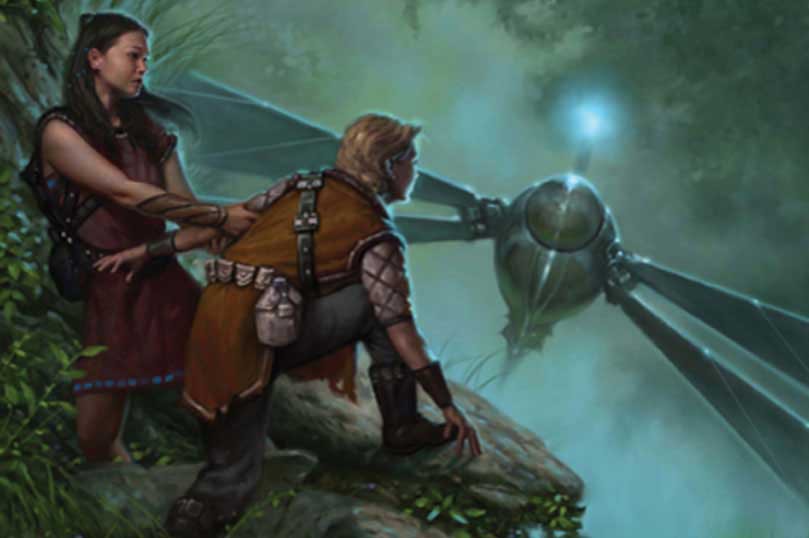YA Collection Sweepstakes
Sign up for the Tor/Forge Newsletter for a chance to win the following collection: About our newsletter: Every issue of Tor’s monthly email newsletter features original writing by, and interviews with, Tor authors and editors about upcoming new titles from all Tor and Forge imprints. In addition, we occasionally send out “special edition” newsletters to…

